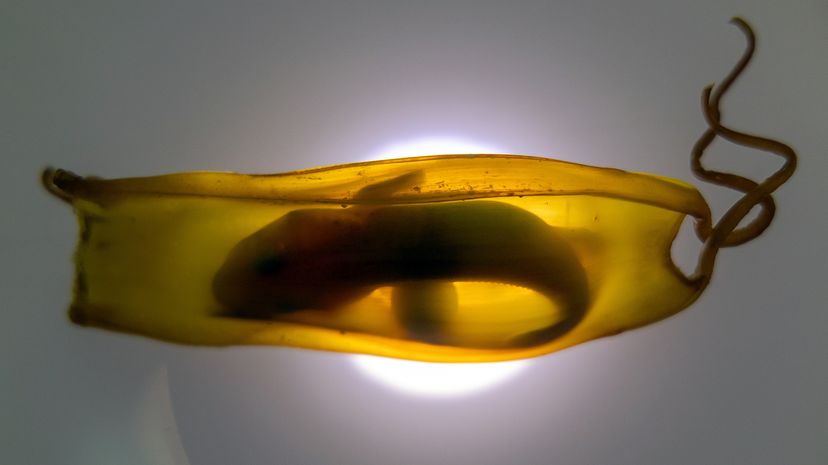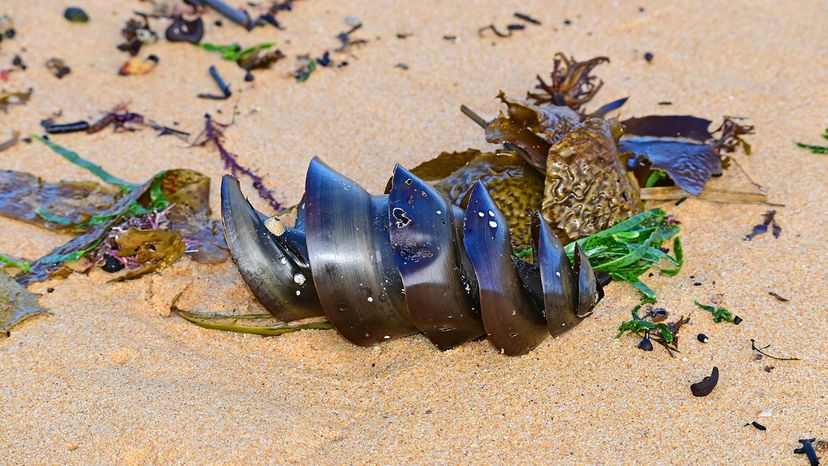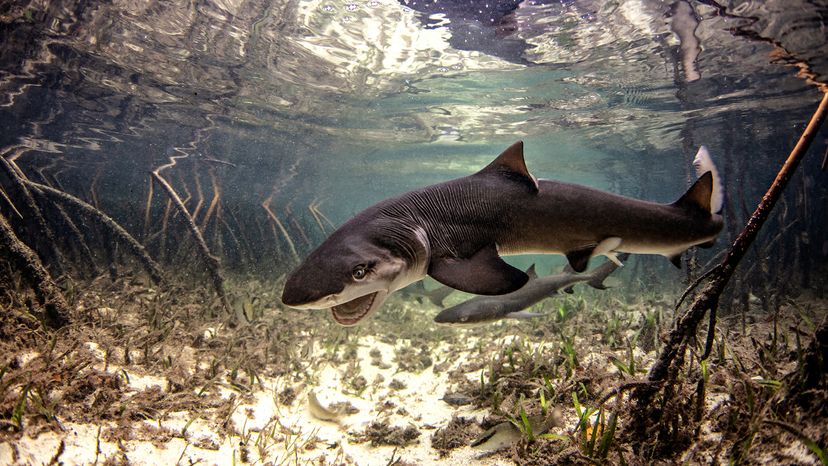
You’ve probably heard of shark attacks and shark teeth, but here’s something lesser known and just as intriguing: Do sharks lay eggs? The answer is: it depends on the shark species.
Unlike bony fish, sharks exhibit a variety of reproductive strategies including oviparous, viviparous and ovoviviparous species. This diversity in reproduction is one of the many ways sharks have adapted to thrive in the oceans.
Advertisement

